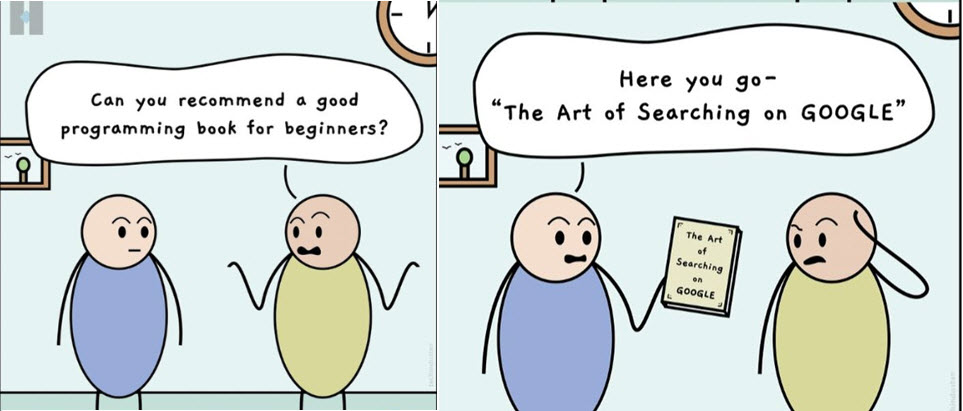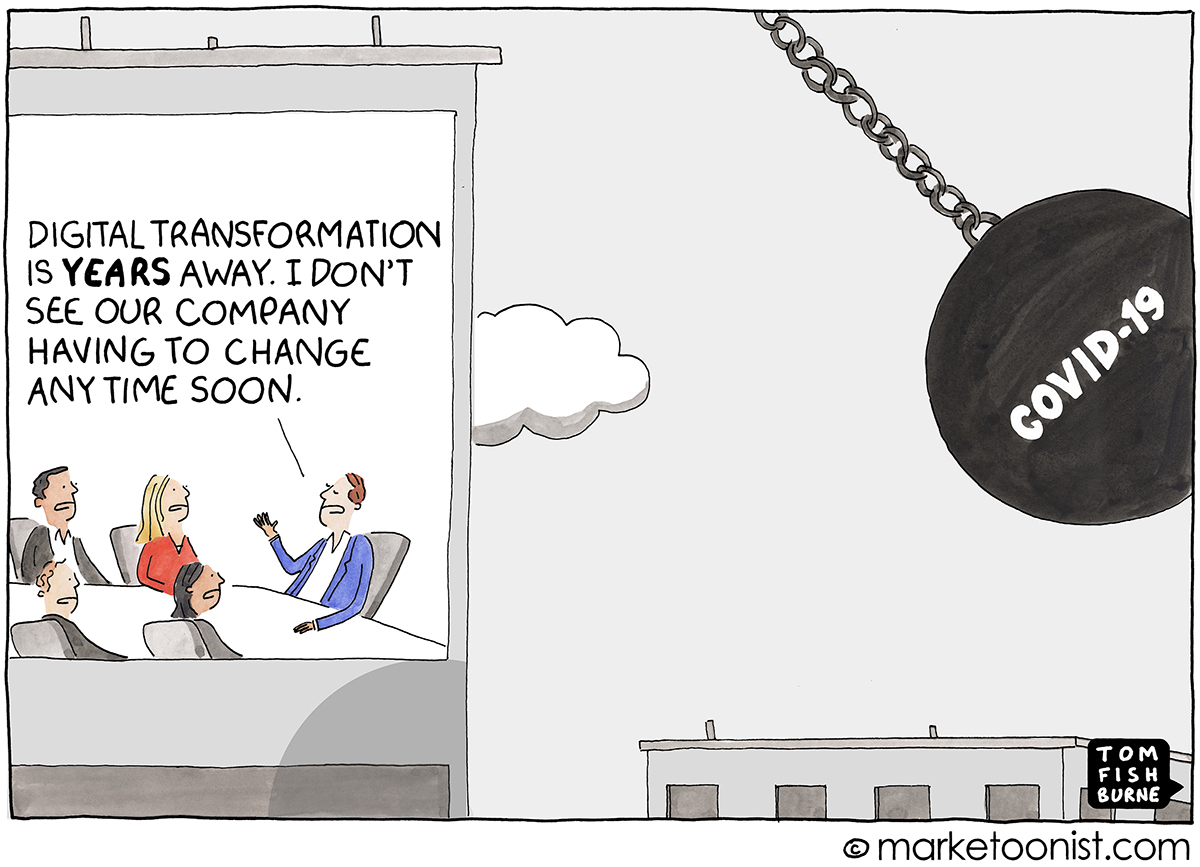Should I be a consultant or software developer?
Have you ever found yourself at the crossroads of choosing a career between consultancy and software development? Are you uncertain which path will be more rewarding or align better with your skills and interests? Could one of these professions provide you with a more satisfying work-life balance? These thought-provoking questions often enter the minds of individuals who have interests and skills in both fields and would like to make a career decision that best suits their personal and professional aspirations.
Choosing a career path is a challenge to many, and the dilemma between consultancy and software development is not an exception. According to the Bureau of Labor Statistics, both careers are projected to maintain a healthy growth rate over the next decade. Yet, there’s a significant variance in job roles, work environments, and skills required for each. The Harvard Business Review further illuminates the issue, pointing out that while consultancy offers diverse challenges and client interactions, software development is appealing for its creative and problem-solving aspects. Considering these factors, there’s a necessity to explore a comprehensive perspective to facilitate an informed decision.
In this article, you will learn about the intricacies of both professions and what they entail. You will be provided with a detailed comparison that covers various aspects, such as job responsibilities, skills required, career growth, monetary compensation, and job satisfaction. The article will also highlight personal factors that you should consider before deciding your career path.
Further, the article breaks down each profession into mini-components, primarily touching on the life of a consultant versus that of a software developer – the highs, the lows, and everything in between. Additionally, it offers insights from industry experts, encapsulating their experiences and advice into useful tips for anyone grappling with this career choice. This comprehensive guide aims to bring you one step closer to finding a career that resonates with your professional goals and personal values.

Definitions and Meanings of Consulting and Software Development
A consultant is a professional who offers expert advice in a particular area such as business, education, law, regulatory compliance, human resources, marketing, finance, health care, engineering, science, security, and many other specialized fields. They analyze an organization’s operations or strategies and propose improvements or solutions. Consultants may work individually or as part of a consulting firm.
On the other hand, a software developer is a person who designs, codes, and tests computer software or applications. They translate requirements into workable programming code to create software that meets these requirements. They often work in coordination with other developers, software architects, and project managers. Software developers can work in various settings, from software firms to consulting agencies, or as independent freelancers.
Chasing Dreams: Your Journey as a Software Developer versus a Consultant
Exploring the Consulting Role
Consulting is a profession that is highly regarded and glamorized for its perks of intellectual stimulation, flexibility, and lucrative remuneration packages. Being a consultant means you’re a problem solver. Businesses seek your expertise to identify and address inefficiencies, and this offers a golden opportunity to influence organizational decision-making. You’ll shuttle between different clients, take on a swath of responsibilities, and be exposed to diverse industries. Today’s globalized world widens the potential for consultants to also engage in international opportunities, amplifying both professional and personal growth. However, with prestige comes responsibility and the consultant’s lifestyle is often replete with stress due to high expectations, excessive travel, and long working hours.
Diving into Software Development
Software Development, on the other hand, is a field that demands intense coding skills and a solid understanding of programming languages. It’s a role that may not glitter with the glamour associated with the consulting profession, but it is one that has its own unique charisma. As a software developer, you have the power to create and innovate within the realm of technology. You build applications and systems that facilitate operations in all sectors, from finance to healthcare, thus having a broad impact on people’s daily lives. The grind of software development involves being able to adapt to quickly evolving technologies, meeting tight deadlines, and often working solo. Despite these challenges, developers enjoy a high level of job security and satisfaction, especially when witnessing their digital products come to life and benefit users worldwide.
Key Factors to Consider
Your choice between these two professions should be guided by your individual preferences, skills, and long-term career aspirations. Here’s a quick comparison to guide your decision:
- Consulting: This might suit you if you crave intellectual challenges, have strong interpersonal and problem-solving skills, and can handle high levels of stress and irregular schedules.
- Software Development: Opt for this if you have a knack for technology, enjoy a structured routine, and prefer working on tasks that have direct and tangible outputs.
Remember, both professions have their allure and challenges. Your decision should align with where you see yourself in the future, keeping in mind your personal satisfaction and overall well-being. Whether you choose to be a consultant or a software developer, both paths present valuable learning and growth opportunities.
Master of Your Craft: The Gratifying Life of a Software Developer or a Consultant
Is Your Pathway Paved by Coding or Consultancy?
The first question you might want to ask yourself is: where does my passion lie in the realm of technology? Having an innate desire to problem-solve and create innovative solutions with cutting-edge technology often leads individuals down the path of a software developer. This role typically entails designing, implementing, and managing software programs, testing and evaluating new programs, and writing and acting upon code – a process which can be highly rewarding and intellectually stimulating.
On the other hand, if your attraction towards technology is heavily focused on providing business solutions, improving technology systems within organizations, and handling technology related matter in a more strategic rather than tactical manner, becoming a consultant could be the right choice for you. In this role, you could be analyzing a company’s systems and procedures, developing relationships with clients, and advising them on how to use information technology to meet their business objectives or overcome problems.
Navigating Through the Prospects and Challenges
But what could be the possible obstacles in each path and how potent are they to affect your career decision? As a software developer, the main challenge that seems to stand tall is the continuous need for learning and remaining updated with the latest technologies, frameworks or coding languages that the current job market demands. This could mean a substantial investment of time and energy. In addition, being confined to coding for hours can sometimes feel monotonous and isolated.
Consistent human interaction, business jargon, and complex problem solving are all part of being a technology consultant. This is a role which can demand extensive travel, long hours of work and the pressure of satisfying multiple stakeholders. However, it also opens avenues for a broader vision of the industry, diverse project experience, and potential for rapid career progression.
Successful Stories From Each Path
Both paths have seen individuals equally flourishing and creating impact in their own ways. Let’s take the world-renowned Mark Zuckerberg for example, who has revolutionized social media through his remarkable coding skills, paving the way for Facebook. His dedication to code and creating software has undoubtedly made him one of the most successful software developers in the world.
On the other side of the spectrum, we have a Consultant trailblazer like Clayton Christensen, a Harvard Business School professor and world-class innovation guru. As a consultant, he has made his mark through insightful business strategy and innovative theories that have been instrumental in shaping companies all over the world. Each story depicts a unique journey filled with passion and dedication, making both careers equally enticing and fulfilling.
Game of Skills: The Competitive Edge between a Consultant and a Software Developer
Deciphering the Pathways: Tracing through the Job Essentials
Are there certain must-haves for a tech job that resonate with you more than the others? Selecting a career path can often feel like a dubious task, entailing an intricate blend of personal passion, skillset, and the niche you want to drive in. The pivotal difference between a consultant and a software developer forms an interesting debate. A consultant exists in a position of advisory, utilising their broad expertise to furnish key insights and solutions for business-related problems. They are extensively involved in team collaborations, client management, and project supervision. A software developer, on the other hand, is chiefly hands-on, designing, constructing, and maintaining software. They are heavily centred on algorithmic thinking, coding, and system analytics.
Identifying the Dilemma: Understanding the Underlying Struggle
Nevertheless, the problem many face is framing a clear distinction between the two roles and evaluating which fits their personal goals and interests best. There presents an inherent complexity when one tries to compare these two different realms. A consultancy role symbolises strategic leadership, at the same time, demanding a more wide-ranging comprehension of business functions. It’s about using your understanding of technology to address business issues, and this often requires a significant amount of travel and face-to-face client work. Software development, on the other hand, is more about getting steeped in coding and generating functional, user-friendly applications. The setting is typically more office-based with limited client interaction.
Stellar Examples: A Sneak-Peek into the Hall of Fame
Microsoft serves as a perfect example showcasing the significance of both roles, its success attributed to the seamless interplay of consultants and software developers. While consultants mapped out strategies considering the macro business environment, developers worked in tandem to launch those strategies with adequate software solutions. IBM, another big player, has an army of consultants piecing together business problems while their software developers ensure that the tech backend efficiently supports these solutions. Google, similarly, houses consultants brainstorming innovative ideas while developers then turn those ideas into tangible products. These real-world examples clearly illustrate that the choice between these two professions doesn’t necessarily underline one as superior over the other. It highly depends on how one perceives their long-term career propensities and their compatibility with the job requisites. Each role has its unique charm and challenges, thereby proving rewarding and fulfilling in its sense.
Conclusion
How does one ultimately determine the right career path between consultancy and software development? This is indeed a matter worthy of critical evaluation. Both career options have their perks and present unique challenges. Your final decision will depend greatly on where your passions lie, your professional strengths and your long-term career goals.
By now, we hope you are enjoying our insightful analyses and career guide articles. If you’ve found value in our content and aren’t following us already, we would greatly appreciate it if you could subscribe to our blog. As a follower, you’ll not only have unlimited access to a wealth of professional advice, but you’ll also receive notifications each time we publish new content. You’ll be one of the first to get your hands on our latest articles.
There’s so much more we have to share with you, and we can’t wait to continue exploring this topic in our upcoming articles. We believe that making informed career decisions is paramount, and that’s what we’re here to help you do. Ensure you stay tuned to our blog. You can never tell what useful tidbit you’ll pick up from our next release which could be pivotal to your career decision. So as you continue your quest and ponder deeply over whether to become a consultant or a software developer, remember we are committed to journeying with you, offering insights to help steer you toward the path that’s perfect for you.
F.A.Q.
FAQ Section
1. What are the primary roles of a consultant and software developer?
As a consultant, your main role would be to provide expert advice and strategies to individuals or businesses in a specific industry. A software developer primarily focuses on designing, coding, testing, and maintaining applications or software systems.
2. Which profession has a better career growth?
Both have ample opportunities for career growth based on your expertise and experience. While consultants often progress to more strategic roles, software developers can advance to senior or management roles in IT.
3. What are the skill sets required for both professions?
Consultants generally need strong analytical, problem-solving, and communication skills. For software developers, along with Problem-solving and strong analytical skills, they require a deep understanding of multiple programming languages and knowledge of algorithms and data structures.
4. What are the educational qualifications required for both the fields?
Both professions usually require a bachelor’s degree in their respective fields. However, for consultants, degrees in business or management could be beneficial, while for software developers, degrees in computer science or a related field are desirable.
5. Which profession demands more working hours?
Typically, consultants may face longer working hours due to client meetings and travel. Software developers, however, may also require long hours during critical phases of a project.





